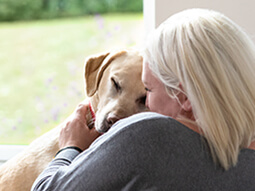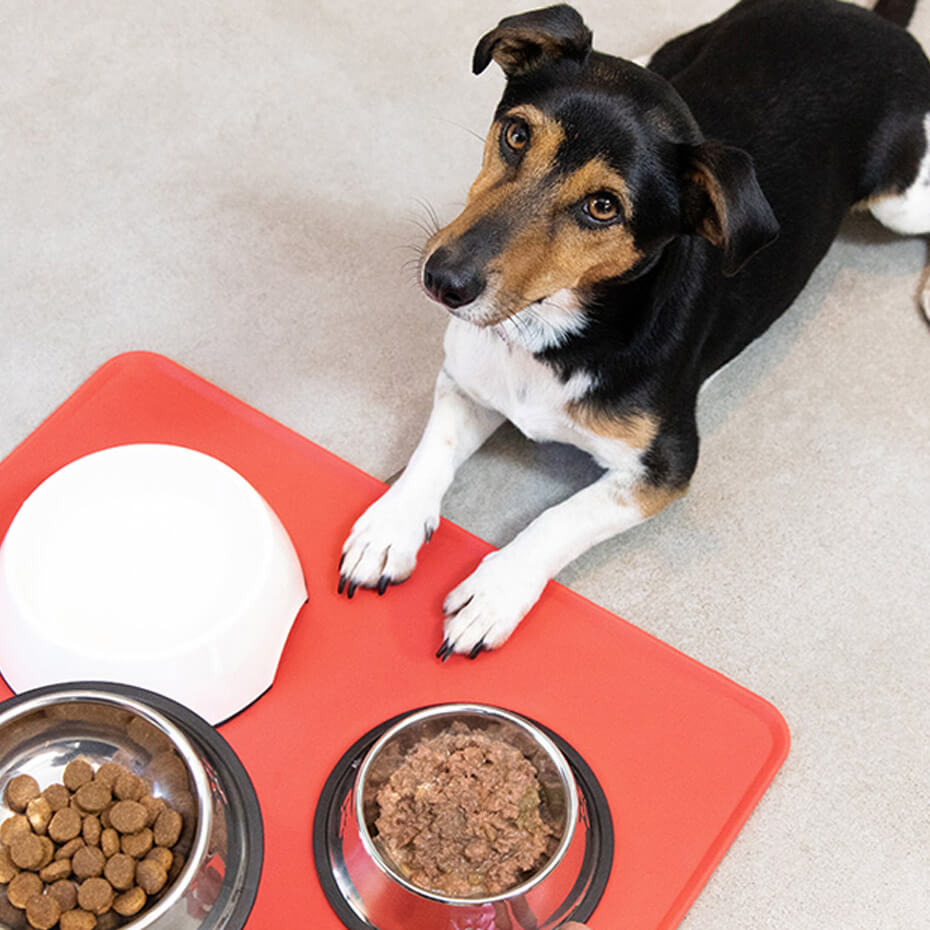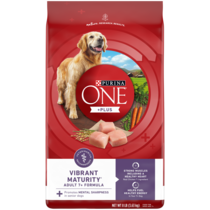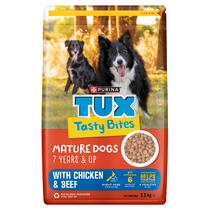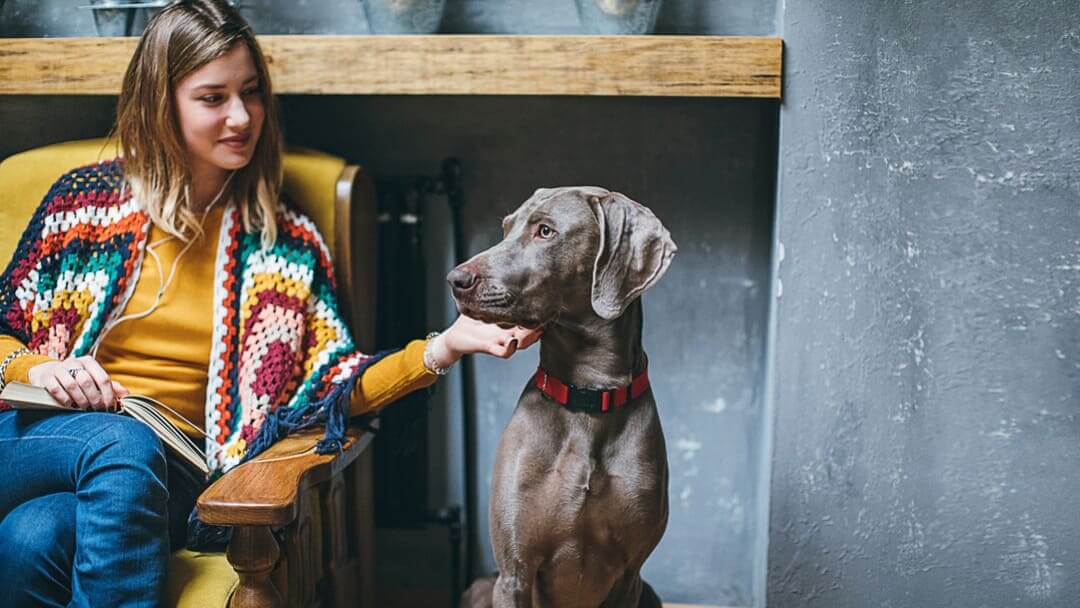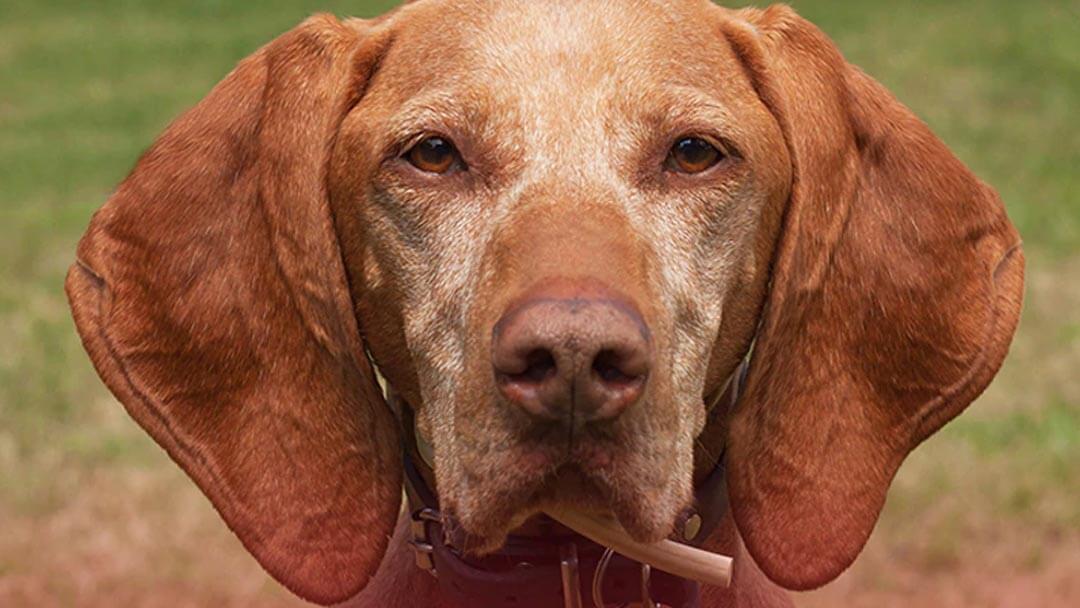
Like puppies and adult dogs, senior dogs have unique needs. As they get older, their nutritional needs can change. But with the proper care and attention, your dog can enjoy healthy and happy senior years. Regular veterinary check-ups can help you anticipate, prevent, and treat certain age-related problems that may occur in your senior dog.
Here are some things to keep in mind as your dog gets older.
1. Know the signs of aging.
When a dog reaches the age of 7, he or she may start to show signs of physical and age related cognitive decline. You can find out the main signs of aging in our guide to physical changes in your dog.
2. Your dog can benefit from specialised nutrition.
Dogs have different nutritional needs as they age. That means dogs over the age of 7 can benefit from a food like PRO PLAN® BRIGHT MIND™ Adult 7+ that has been specially formulated to meet those needs.
Supports healthy aging with key nutrients to promote a strong immune system, healthy teeth and joints. Enhanced botanical oils with MCT’s shown to promote mental alertness and sharpness Made with high quality chicken to ensure your senior dog loves and looks forward to each mealtime.
3. Help your dog maintain a healthy weight.
Older dogs sometimes have a tendency to gain or lose weight. Make sure you’re following the recommended feeding instructions from the food’s packaging to ensure your dog is getting an appropriate number of calories for their age, weight, activity level and breed size.
If your dog is showing noticeable weight gain or loss it is important to work with your vet to rule out any underlying health problems.
4. Make your home easier to navigate.
For an older dog, stairs and slippery surfaces like hardwood or tile floors can be confusing or even dangerous. If your dog has trouble navigating these, try relocating their food, kennel and other necessities to a place that doesn’t require the use of stairs or slippery surfaces to access them. You can also add traction to stairs or hallways with rubber mats or carpet runners, which may help your older dog move around more easily.
5. Visit your vet regularly.
Your veterinarian is your best resource for making sure your dog stays healthy. Make regular appointments for your dog, and, if in doubt, call your vet for advice about any issues or concerns you might have.
With the right care and attention, you and your dog can enjoy all of your years together.
